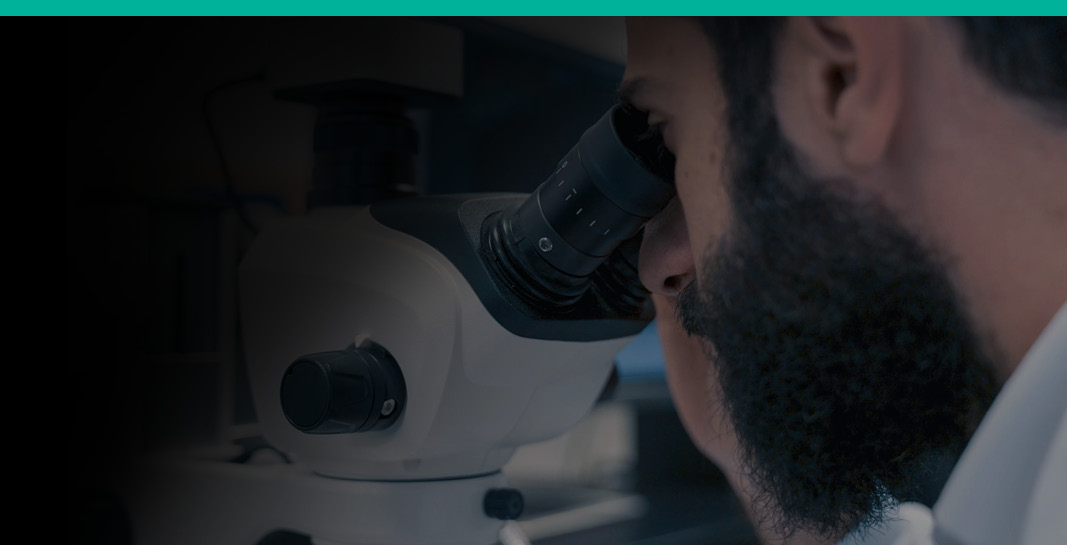
Open Innovation Materializes Through Academic Collaboration
Collaboration with universities is one of the ways innovation permeates companies. It also represents an enormous pool of talent, a crucial resource for ensuring businesses can transform to navigate present challenges and lead industrial innovation.For an international group like Fedrigoni, establishing long-term relationships with universities in various parts of the world for mutual exchange and enrichment is of evident interest, which is also valuable for students.
The Fedrigoni Group, in addition to promoting research in its own laboratories and particularly at the new Innovation Center in Verona, adopts an Open Innovation model aimed at creating new, more sustainable products throughout their entire life cycle, from researching new raw materials to developing new processing methods with the active support of academic institutions.
The areas of innovation of interest are six:
- 1. increasing the use of recycled materials
- 2. alternative fibers and upcycling
- 3. compostable materials
- 4. end-of-life products
- 5. the plastic-to-paper transition
- 6. a transparent and sustainable supply chain.
On these topics, Fedrigoni collaborates extensively with universities and research centers. “These are important collaborations because they provide access to new or emerging technologies, as well as particularly equipped laboratories and dedicated teams of researchers with specific expertise,” says Massimo Zonca, Head of the Innovation Ecosystem at Fedrigoni Group. “In Italy, we currently have four open collaborations for as many PhDs: one with the University of Pisa – Department of Chemistry and Industrial Chemistry, one of the most advanced in Italy regarding organic chemistry and therefore interesting in the context of phasing out fossil-based ingredients; with the University of Milan – Department of Food, Nutrition and Environment Sciences, we are advancing a research project on more sustainable cellulose extraction methods from food waste (such as rice husks, brewery spent grains, etc.) and validating barrier coatings based on cellulose microfibrils; with the University Federico II of Naples – Department of Chemical Engineering, Materials and Industrial Production, we are evaluating the circularity aspects in using textile industry waste (particularly cotton and silk) and alternative celluloses from fast-growing annual plants like bamboo, hemp, and even kapok. The fourth PhD project has just been initiated, again with the University of Pisa – Department of Chemistry and Industrial Chemistry, dedicated to optimizing production methods for cellulose microfibrils and nanocrystals for potential applications in the field of biosensors and printed electronics. The other ongoing collaborations are with the University of Grenoble-Pagorà, the University of Lorraine, and North Carolina University.”
“I believe Fedrigoni is very attractive due to the nature of the innovation we work on; we are not just paper and adhesive manufacturers,” asserts Gael Depres, head of the Research and Development center in Grenoble, now part of the Fedrigoni group. “And, at the same time, due to our commitment to the Plastic-to-Paper transition. Innovation and sustainability constitute a primary combination for young people graduating from top universities looking for companies to work for or to start research projects with.” In the R&D center in Grenoble, considered the French Silicon Valley, there is no shortage of stimuli and challenges: here, various promising innovation projects are being pursued, such as those involving cellulose microfibrils and nanofibrils or printing electronic circuits on paper for the development of smart labels and smart packaging. Currently, the Grenoble R&D collaborates with several universities and research centers both in Europe and internationally, participating in consortia for the development of specific projects or hosting PhD candidates.
Collaboration with universities and the talents they develop is, however, not a topic that concerns solely product innovation. Sandro Zarcone is a graduate of the Polytechnic University of Milan in management engineering with a high-profile academic background that includes a diploma from the Alta Scuola Politecnica; an undoubtedly talented individual attracted to a potential academic career. After participating in an initial year-long collaboration project between the university and the Fedrigoni Group, he chose the latter to pursue a doctoral thesis focused on the theme of business transformation, with an emphasis on post-acquisition business integration processes. “The empirical context that surrounds me daily will guide my doctoral studies,” says Sandro Zarcone, referring to the particularly strong expansion phase, marked by numerous acquisitions, that the Group is currently experiencing. “The aim is to delve into some of the main strategic and organizational challenges that arise after acquisitions made by large industrial groups like Fedrigoni. Although this is a well-established research topic, the opportunity to study it directly from within the company enhances its relevance. In fact, the ambition is to make Fedrigoni an academic case study. In this sense, the expected return of this project is twofold: on one hand, to contribute to the scientific community by publishing articles based on practical rather than theoretical evidence; on the other hand, to offer business leaders guidelines for addressing the integration of new acquisitions, grounded in the methodical and rigorous approach of academic research.” Sandro emphasizes that the synergy between academic research and industrial experience gives his current experience an impact that transcends the boundaries of Fedrigoni, motivating him every day to give his best.
In short, the university acts as a large repository of knowledge, opportunities, ideas, talent, technologies, and tools; industry is the place that realizes innovation and brings it to the market, transforming theory into practice and giving concrete substance to this entire exchange process. Industry cannot do without academia, and viceversa. This is also how the Fedrigoni Group builds innovation: the relationship with universities and research centers is part of our culture of excellence, promoting opportunities to accelerate transformation.
To learn more, read about the CircEl Paper project










